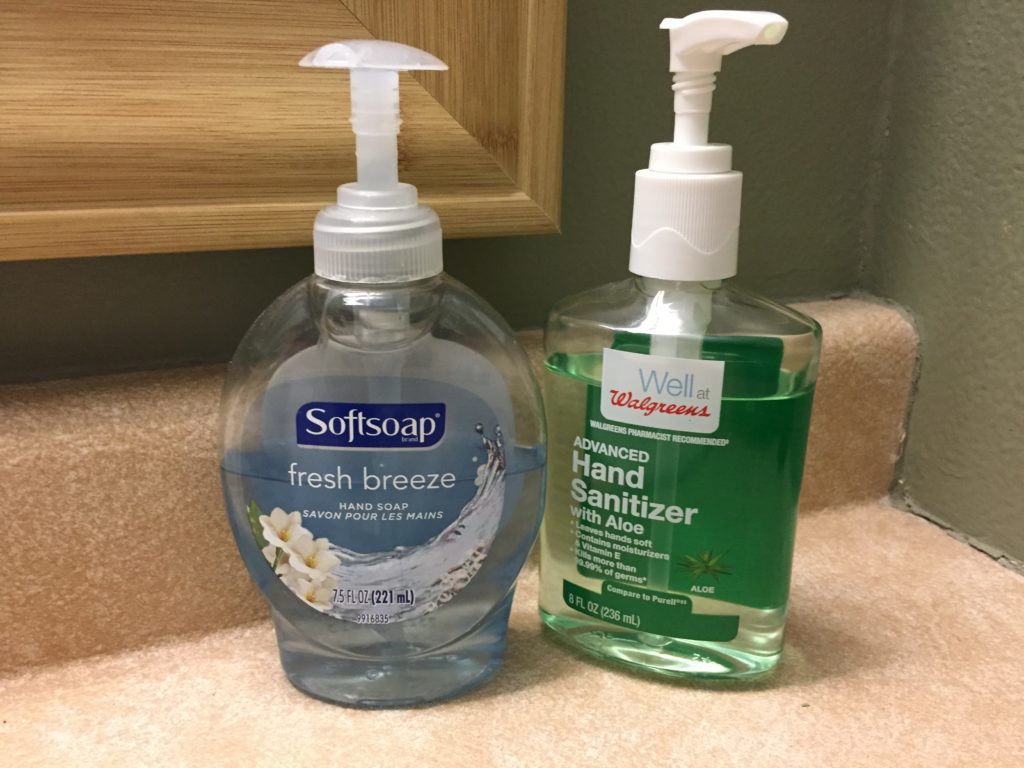- Wash your hands
- We really mean it, wash your hands
- Wash your hands more often than you are.
- Don’t know if you should wash your hands right now? That means you should stop what you are doing right now and wash your hands. Thanks. Keep reading
- Wash your hands after every patient contact, assessment or procedure.
- Wash your hands after any situation in which you touch any piece of equipment in the ambulance or surface in the ambulance. Including, but not limited to:
- The steering wheel
- All other driver controls
- Radio microphones, buttons and cords
- Any part of a stethoscope or blood pressure cuff
- Pens, pencils and styli
- Cardiac monitors handle, dials, buttons or cables
- Cot rails, bars, belts, buckles or controls
- Wash your hands with soap and water.
- If soap and water is not available, use an alcohol-based waterless hand wash
- Encourage, shame and berate your co-workers, subordinates and supervisors into washing their hands more often.
- Wash your hands after you eat, use the bathroom, cough, sneeze, wipe your nose or pick your nose.
- Wash your hands after stroking your beard or curling your mustache.
- Please learn to cough into your elbow. Please. This really matters.
- Wash your hands after cleaning surfaces in the ambulance or any ambulance equipment.
- Wash your hands after removing gloves.
- If you have any doubt about when to wash your hands, go wash them.
- If you believe this handwashing policy doesn’t apply to you. It does. Go wash your hands.
- Complaints about this handwashing policy can be submitted in writing (only after you wash your hands) with the subject line: Hand cleanliness reduces disease transmission.
- Carefully avoid all invitations to shake hands with anyone. Instead offer a forearm bump.
- After reading this policy, go wash your hands.

Note: This policy was written as part of my 2018-2020 paramedic refresher. Once we nail handwashing we can take on other challenges of preventing the transmission of infectious diseases.